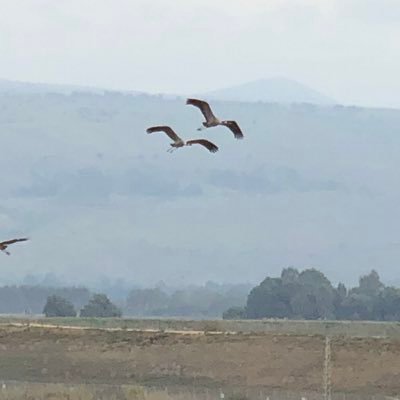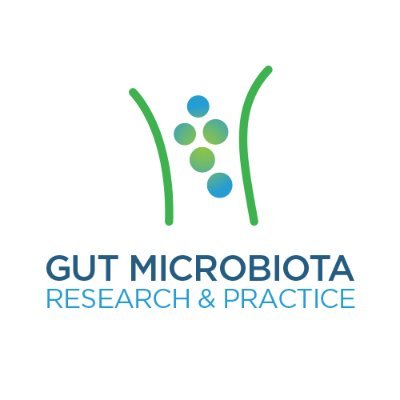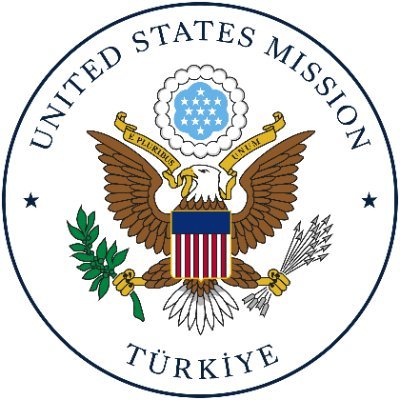
Ezgi Özcan💩🦠🏳️🌈
@eozcan_MinDgutFood and nutritional microbiologist, Feminist scientist, Human gut microbiome researcher, postdoc at Hsiao Lab, UCLA
Similar User

@ISRHML

@Dr_LarsBode

@CHILDSTUDY

@Sara_SShama

@SarahTurner11

@KozetaMiliku

@uwa_hlrg

@the_milk_EV_guy

@LG15Dr

@GCHAllergyChief

@DLOConnor0803

@Dr_RyanPace

@ErinDavisPhD1
Our work on keto+microbiome+epilepsy is up online now! thank you to @pipethero and other colleagues that contributed to the interesting findings! See the thread for our cool results👇
Very happy to share new findings by Ezgi Özcan @eozcan_huMilk and colleagues showing that differences in fiber content in medical ketogenic diets can influence their anti-seizure effects!
The MinD-Gut lab will open in Jan 2025 at the School of Nutrition and Food Sciences of @LSUAgCenter to investigate the science of microbe and diet interactions in gut-brain connection. Motivated humans to study nutrition-gut-brain communication in the heart of LA come this way
Looking for highly motivate and talented postdocs interested in studying brain-gut microbiome interactions at @UCLA @UCLAHealth @UCLAGIHep @UCLAFSPH @DOM_UCLA recruit.apo.ucla.edu/JPF09915
Since the microbiome matters for the antiseizure effects of the keto diet when compared to "normal" diet, we wondered how different variations of keto diets impact the microbiome & whether microbial signatures can tell us how best to formulate them to maximize seizure protection
Ezgi started with commercial keto infant formulas that come in standard formulations for treating epilepsy: 4:1 ratio, 3:1 ratio, & MCT (medium chain triglyceride). When she fed them to mice, they conferred different seizure responses, with 4:1 and MCT formulas working best.
Ezgi also saw that the different keto diets caused different changes in the gut microbiome. She pulled out which microbial metagenomic signatures tracked best with seizure protection in mice, with the idea that she would want to find ways to enhance those.
She then did a deep dive on the nutritional contents of each keto formula and screened effects of each variable that was different between the diets (fat and carb types, source, saturation, ratio, etc.) on in vitro cultures of bacteria representing the human infant microbiome.
She found that fiber elicited the most striking changes in the in vitro microbial system and metagenomic signatures that aligned best with the ones that were associated with seizure protection in mice.
When Ezgi added fiber to the 3:1 infant formula, it restored its protective effects to levels seen with 4:1 and MCT. When she added even more fiber to the 4:1, it conferred even greater seizure protection in mice, exceeding the max she had previously observed.
Ezgi then screened 13 different fiber types & grouped them by how well they shift the microbiome toward protection-related signatures. When tested in mice, the ones from groups that induced protection-related microbial signatures had a positive effect, whereas the others didn't
Overall, this was a big surprise! Fiber often isn't counted toward carb content of keto diets, but this study (in mice, but with diets used by human babies) suggests that it's important to consider not only fiber content but fiber type when formulating keto diets for epilepsy.
Many thanks to the amazing Ezgi @eozcan_huMilk , soon to be Professor Özcan, for leading this important work together with lab members Kristie Yu + co, and overcoming the trials & tribulations of mouse experiments with infant formula 🐭🍼
Excited to share this paper in final form, now with more supporting experiments in supplement and main figs! rdcu.be/dH1m5 Many thanks to @PingFan78765311 and colleagues for their hard work and dedication through this journey.
Happy to share new work by @PingFan78765311, @EspeyHannah, Lewis Yu, @GulistanAgirman, @zachlee_2008 & colleagues exploring links between early GI symptoms + risk for PD -- an interesting example of a sex-biased gut-brain GxE interaction! biorxiv.org/content/10.110…
Ever wonder how gut microbial food preferences influence host food preferences? Us too! Delighted to share work by Kristie Yu, @CelineSon11 & co on how gut bacterial metabolism of specific fibers influences host preference for diets containing those fibers biorxiv.org/content/10.110…
I did a thing this term where I told my students they were allowed to use ChatGPT. The catch was, they had to tell me about it in a reflection when they handed in their paper. This is a thread about how it all went.
Very excited to advance our mouse work closer to humans in this study by Greg Lum, Daniel Ha, @YangLabUCLA + co showing that the keto diet for pediatric epilepsy alters the human microbiome in ways that confer seizure resistance when transferred to mice doi.org/10.1101/2023.0…
Very happy to share work from Dr. Geoffrey + colleagues showing that the maternal microbiome promotes placental vascularization in mice biorxiv.org/content/10.110…
Setting up a lab? Here's what organization tricks worked for me. A 🧵
United States Trends
- 1. Clemson 10,3 B posts
- 2. Feds 28,8 B posts
- 3. Travis Hunter 23,7 B posts
- 4. Tyler Warren 1.510 posts
- 5. Heisman 11,1 B posts
- 6. Hornets 8.123 posts
- 7. Lamelo 4.940 posts
- 8. Chris Wright 7.433 posts
- 9. Colorado 78,8 B posts
- 10. #mnwildFirst N/A
- 11. Bill Nye 3.766 posts
- 12. #iubb 1.253 posts
- 13. Nebraska 7.273 posts
- 14. #Huskers N/A
- 15. Zepeda 3.945 posts
- 16. Pentagon 126 B posts
- 17. Dabo 1.851 posts
- 18. Ty Simpson N/A
- 19. Nyck Harbor N/A
- 20. Raiola N/A
Who to follow
-
 ISRHML
ISRHML
@ISRHML -
 Lars Bode
Lars Bode
@Dr_LarsBode -
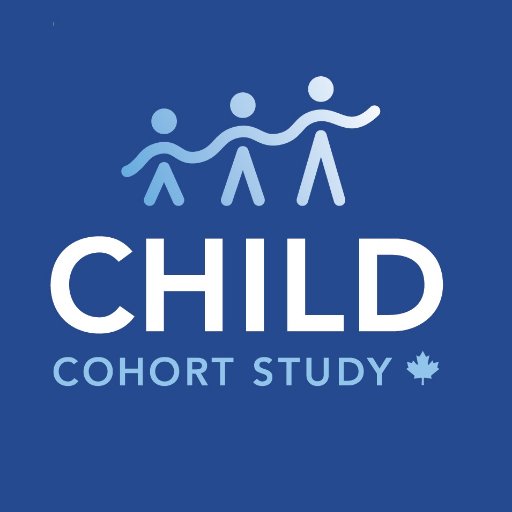 CHILD Cohort Study
CHILD Cohort Study
@CHILDSTUDY -
 Sara Shama
Sara Shama
@Sara_SShama -
 Sarah Turner
Sarah Turner
@SarahTurner11 -
 Kozeta Miliku MD, PhD
Kozeta Miliku MD, PhD
@KozetaMiliku -
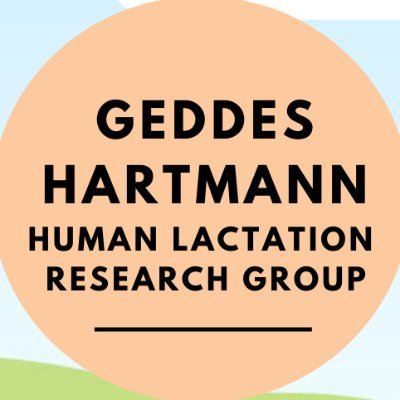 Geddes Hartmann Human Lactation Research Group
Geddes Hartmann Human Lactation Research Group
@uwa_hlrg -
 Martijn J.C. van Herwijnen
Martijn J.C. van Herwijnen
@the_milk_EV_guy -
 Laura Galante, Ph.D
Laura Galante, Ph.D
@LG15Dr -
 Kirsi Jarvinen-Seppo, MD PhD
Kirsi Jarvinen-Seppo, MD PhD
@GCHAllergyChief -
 Deborah L. O’Connor
Deborah L. O’Connor
@DLOConnor0803 -
 Ryan Pace
Ryan Pace
@Dr_RyanPace -
 Erin Davis, PhD
Erin Davis, PhD
@ErinDavisPhD1
Something went wrong.
Something went wrong.













































